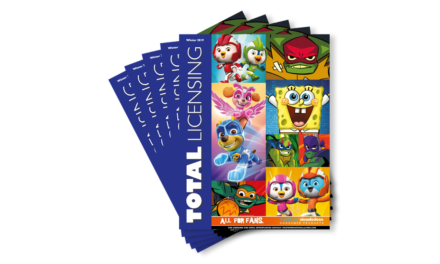
Convert a family recipe into a retail product

By Richard Horwell, Brand Relations
Do you have a food or drink recipe that has been within your family for generations? Or have you tasted a great dish or drink while travelling and would love to bring it to the UK?
The first thing you need to do is research. Is there anything similar in the market either in the UK or internationally? Find out everything you can about this competition. If you believe your product will thrive in its market, follow these steps:
Step one: It is so important to understand before you take on any business venture that the production of your product cannot be just a few cakes or drinks here and there; it’s either all or nothing. You will need an experienced manufacturer (co-packer). A co-packer will be looking at volume and unless you can give them confidence this project will grow and fast, then very few will consider taking it on.
Step two: Your recipe at home can include the most expensive good quality fresh ingredients, but if you want to mass produce then you may have to change ingredients to ensure the product isn’t ridiculously expensive and can be mass produced cost effectively. Your recipe will simply not taste the same when produced on a massive scale.
You also need to look out for allergens such as milk or peanuts as many co-packers will refuse to fill your product due to the process of informing every client of the potential exposure. But more importantly you also need to make all allergens VERY clear to consumers. Check out the top 14 allergens (https://www.food.gov.uk/safety-hygiene/food-allergy-and-intolerance), and wherever possible remove them. If not, ensure you find a co-packer that can cope with the allergens, and that your packaging makes them clear.
Beware of ingredients that may be legal in other countries but not necessarily in the UK. Check the Novel Foods website: https://www.food.gov.uk/business-guidance/regulated-products/novel-foods-guidance.
Step three: Consider the shelf life of your product. Remember new brands move slowly, no matter how good they are. So, you need to factor this in.
Step Four: Getting your product’s packaging right is of primary importance and it’s a process many new start-ups overlook. Your packaging needs to be adaptable: what worked at a farmers’ market won’t necessarily work in a major retail outlet. The packaging needs to be sturdy and protect the product, whether it is stacked on pallets, manhandled by the wholesalers, shelf-stackers, or mail order fulfilment companies, and delivered by couriers or postal workers. It must remain in pristine condition – preferably with a minimal amount of plastic included in the packaging.
Step Five: Communicating with your target consumer is essential if you are to sell your product. However, different platforms need different approaches. What worked at the farmers’ market will not work in-store. And often what works in-store won’t also work online. So, you need to create messaging that suits the audience and the platform.
Step Six: Remember that even once all the steps above have been completed, you’ll still need to get safety certification, such as HACCP (Hazard Analysis and Critical Control Point) or SALSA (Safe and Local Supplier Approved) before anyone will even entertain stocking your product. So, this must be factored into each step as well. As this will lie with the manufacturer, make certain they have these relevant certifications or are BRC (British Retail Consortium) certified.
ABOUT THE AUTHOR
Richard Horwell is the owner of Brand Relations, a specialist food and drink marketing and branding company based in London. Over the last 13 years, Brand Relations has been behind the launch and development of over 100 brands in the UK. Richard has also built up and sold companies of his own in the Food and Beverage sector. He has over 30 years’ experience in marketing FMCG brands around the world, having lived and worked in the UK, USA, Australia and the Middle East.















